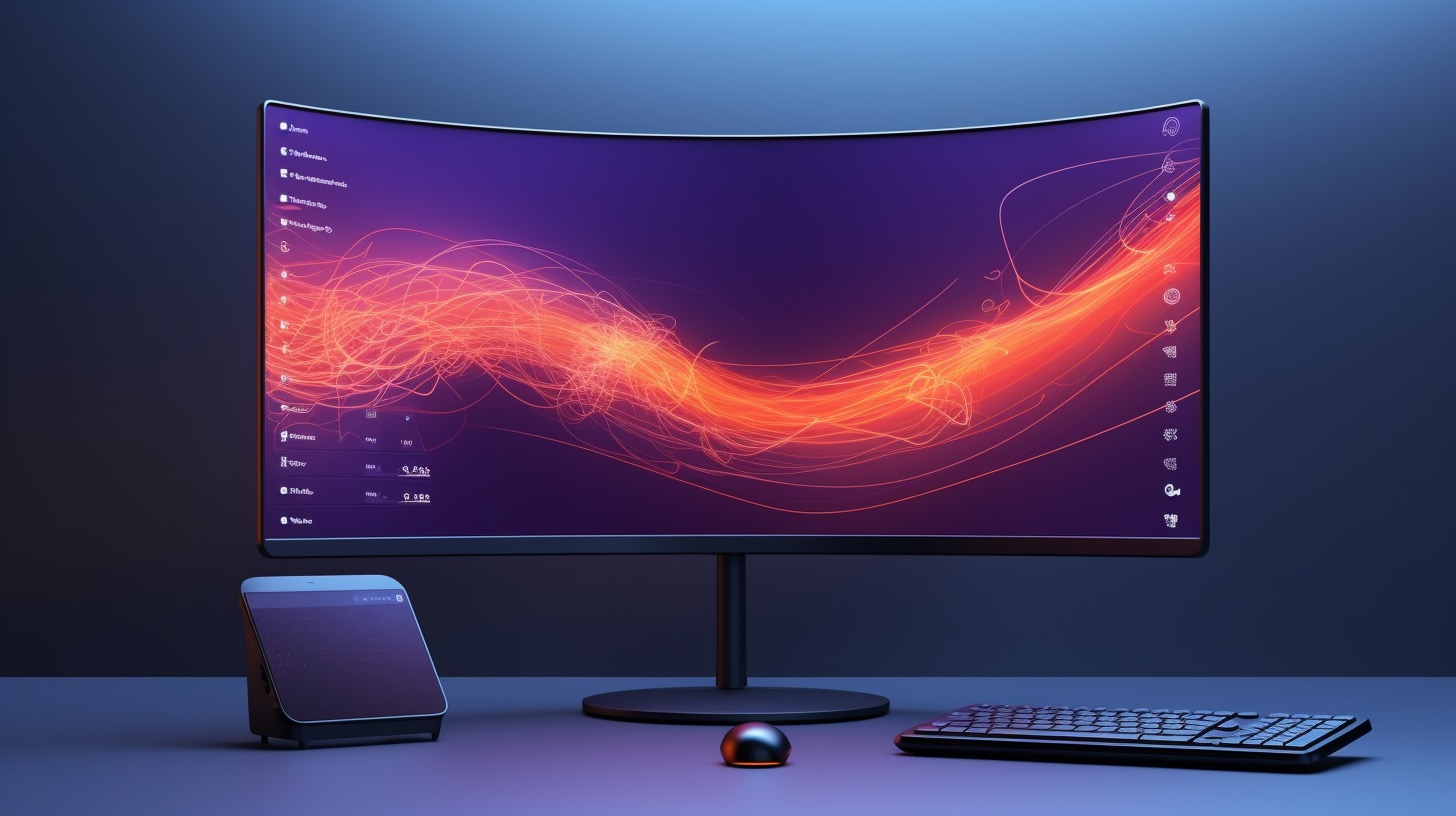The automotive industry is rapidly transforming as tech heavyweights and market contenders drive an intense discourse on the sector’s advancements. The opening day of the Guangdong-Hong Kong-Macao Greater Bay Area Auto Show, also the date for the commencement of the 2024 Future Automotive Pioneers Conference, witnessed industry heavyweights discussing the evolving trends, challenges, and opportunities ahead.
The conversation on stage was as diverse as the participants. Tech giants Xiaomi and Huawei, represented by CEOs Lei Jun and Xu Zhijun, underscored their palpable presence in the competitive automotive field after years of smartphone market experience. It was clear that the discussion was veering towards a multifaceted industry addressing marketing, market share, and user experience beyond just technology and product development.
The shift in conversation indicated a breaking down of industry walls and a move towards an ecosystem where collaboration and shared knowledge are paramount. Technology, smart ecosystems, and intelligent electric vehicles are at the core of this debate, with companies like Xiaomi and Huawei leveraging their expertise in consumer electronics to drive the industry forward.
Both companies have recently been emphasizing the importance of intelligent systems and their integral role in next-generation vehicles. The automotive industry is witnessing its own renaissance, powered by innovation in smart technology and electric vehicles.
Creating a niche for automotive CEOs and company narratives in this crowded market relies on innovation in both product and marketing strategies. This also involves an acute awareness among industry leaders about the rising importance of ecosystem expansion to meet consumer needs.
The drive toward a shared and collaborative automotive ecosystem was particularly stressed, notably by Lei Jun, suggesting a future where resources are pooled for the health and progression of the industry at large. Participants also talked about embracing new media and direct customer engagement, indicating that traditional marketing channels are being reassessed.
In summary, the new era of automotive manufacturing is charting a course where smart integration, community ecosystems, and tech-led transformations redefine how the industry moves forward.
Key Questions and Answers:
1. What role are tech giants playing in the automotive industry?
Tech giants like Xiaomi and Huawei are utilizing their expertise in consumer electronics and smart technology to innovate in the automotive industry. They are focusing on intelligent systems and electric vehicles to redefine the industry.
2. How is collaboration influencing the future of the automotive industry?
Collaboration is becoming essential, with companies pooling resources and knowledge to advance the industry. The focus is on creating an integrated ecosystem that benefits all stakeholders, from manufacturers to consumers.
3. What are the main challenges facing the automotive industry in this transformation?
Key challenges include managing the high cost of research and development, meeting the increasing standards for environmental sustainability, adapting to the rapid technological changes, and addressing regulatory and safety concerns associated with new technologies.
Advantages and Disadvantages:
Advantages:
– The influx of technology improves vehicle safety, efficiency, and connectivity.
– Electrification of vehicles contributes to environmental sustainability.
– Innovation fosters competition, which can bring better products to consumers.
– Tech integration leads to new business models and revenue streams in mobility services.
Disadvantages:
– Traditional automakers may struggle to adapt to the fast pace of change and competition from tech companies.
– There are concerns about data privacy and cybersecurity with the increasing connectivity of vehicles.
– The high cost of new technologies may make new vehicles unaffordable for some consumers.
– There is potential job displacement in the automotive industry as automation and new technologies take hold.
Controversies:
One significant controversy revolves around the ethics and safety of autonomous driving technology, and the role of artificial intelligence in decision-making. Another is the tug of war between maintaining user privacy and leveraging user data to enhance driving experiences and vehicle functionality.
Related Links:
For further reading on the industry’s transformation, visit the websites of major technology and automotive companies that are at the forefront of the industry’s innovation. Some examples (please verify the URLs before visiting them as they might have changed):
– Xiaomi: Xiaomi
– Huawei: Huawei
– Traditional automakers with significant electric vehicle initiatives like Volkswagen: Volkswagen
– Electric vehicle market leader Tesla: Tesla
